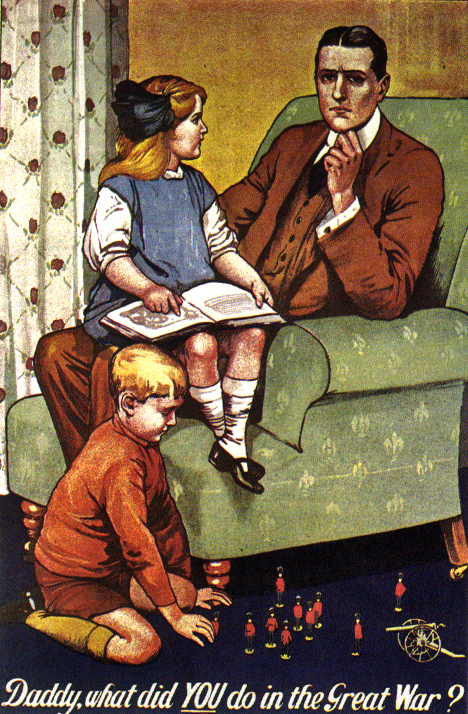The next main meeting of the Middle Way Network will be at 7pm UK time on Sun 20th Dec 2020. This will be the fourth of our series of talks and discussions on ethics. This is the middle of three sessions where we will be looking at the three classic approaches to morality in turn: virtue ethics, ethics seeking good consequences, and principle-based ethics. We will be asking what a Middle Way approach implies for what we consider to be ‘good’: is it becoming a better person, fulfilling good goals, or obeying the right principles? Or is it all of these? If so, how do we fit them together when they sometimes contradict each other?
The consequential way of thinking about ethics tries to help us make better judgements by thinking carefully about what would lead to better consequences, and making these our goals. This is the basis of utilitarianism, which is often the default way of making public decisions on contested issues in the modern world. Thinking rigorously about consequences based on evidence is often a good way of making us face up to conditions: for example, thinking about the pros and cons of vaccination in a way that weighs up the balance of evidence of its consequences . However, for individual judgements, what this approach often fails to take into account is that our goals are not fixed, and they are based on imperfect and changing information. Nor is it always clear what goals are the right ones. Other ways of thinking about ethics (using virtues or principles) may help us to adapt our goals by thinking about them in a different frame.

There’ll be a short talk on this topic, followed by questions, then discussion in regionalised breakout groups. Some other regionalised groups will meet at other times. If you’re interested in joining us but are not already part of the Network, please see the general Network page to sign up. To catch up on the previous session, on virtue, please see this post. If you would like catch up more with more basic aspects of the Middle Way approach, we are also holding a reading group (next on 10th Jan) which will do this – please contact Jim (at) middlewaysociety.org if you want to join this.
Here is the video from the session:
Suggested reflection questions
- How much do you carefully consider the weight of evidence about the outcomes of each course of action when making moral judgements, particularly on socio-political issues? Think about an example of an issue where you have changed your view, and what determined the change.
- Do you think we should make individual decisions (e.g. about starting or ending a relationship) in the same sort of ways we should weigh up public issues (e.g. covid vaccination)? If there’s a difference, what is it?
- How do you tend to decide what are the right goals to pursue? For example, if you consider a project you’ve given priority to and put energy into, what was your justification for thinking it was important and should take priority?
Suggested further reading/ listening
Middle Way Philosophy 1: The Path of Objectivity 7.h (see pdf of Omnibus edition on Researchgate)
‘Value Judgements’ talk and discussion from Summer Retreat 2014
A New Buddhist Ethics (despite the title, this book, written in 2008, is more about issues of practical ethical judgement using the Middle Way than it is about Buddhist ethics as traditionally understood)




